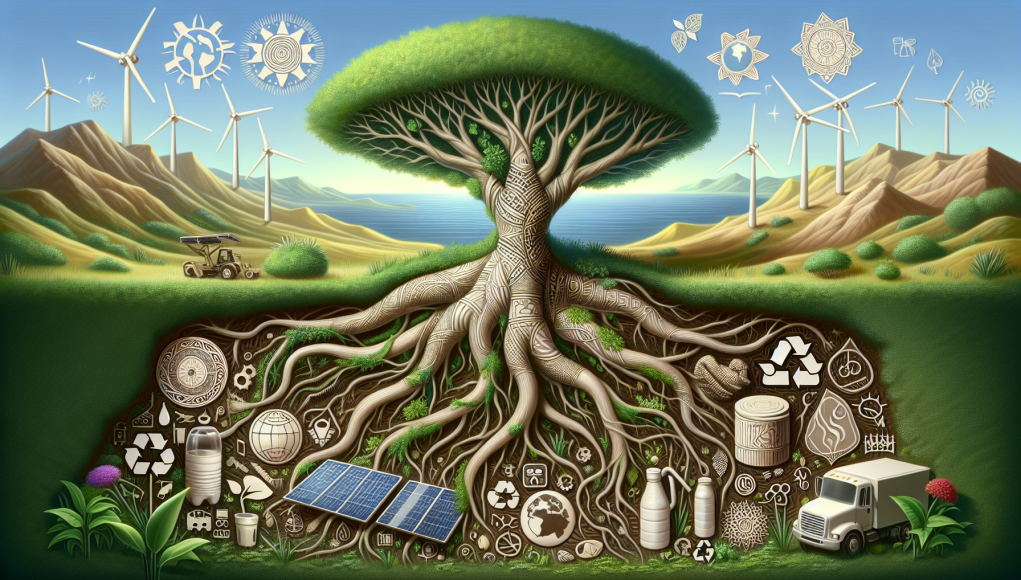Roots of Resilience: The Black Diaspora’s Imprint on Global Environmentalism
As we embrace Black History Month, it is crucial to explore the rich tapestry woven by the Black diaspora and its profound influence on global environmental practices. This exploration reveals a historical and cultural narrative of resilience, stewardship, and innovation that continues to shape the green movement today. Understanding these contributions offers a more holistic perspective on sustainable practices, an essential discourse for the Carbon / Green Professionals community worldwide.
A Legacy of Sustainable Practices
The Black diaspora’s historical relationship with the environment is deeply interwoven with principles of sustainability and conservation. African traditions have long celebrated a harmonious existence with nature, where land, air, and water are revered as sacred resources to be protected and cherished. This ethos was transported across continents through the transatlantic slave trade, influencing environmental practices in the Americas and beyond.
For instance, the use of agroforestry systems by African communities, such as the integration of trees and crops, not only improved soil fertility but also enhanced biodiversity. These practices have inspired modern-day agroecology, underlying a fundamental principle of sustainable farming systems that mitigate the effects of climate change while bolstering food security.
Environmental Activism Rooted in Justice
Environmental justice movements have roots deeply connected with the struggles and stories of the Black diaspora. From the civil rights activism of the 1960s to today’s climate justice movements, Black activists have been at the forefront of fighting against environmental racism and advocating for equitable policies. These movements highlight how marginalized communities often face the brunt of environmental degradation, with the Black diaspora standing resolute in demanding accountability and advocating for systemic change.
Leaders like Wangari Maathai, founder of the Green Belt Movement in Kenya, have left an indelible mark on global environmentalism. Her work in conservation and women’s rights has inspired countless initiatives that merge ecological sustainability with social justice, a dual goal still sought by many Carbon / Green Professionals.
The Diaspora’s Role in Modern Innovation
Today, members of the Black diaspora continue to innovate within the environmental sector, bridging traditional knowledge with cutting-edge technology and research. Initiatives led by Black communities worldwide are pioneering sustainable urban development, renewable energy projects, and community-based conservation efforts.
Furthermore, African nations are emerging as leaders in the global green revolution, harnessing solar power, geothermal energy, and biogas technologies. These advancements not only show potential for reducing carbon footprints but also for fostering economic development, thus exemplifying how the Black diaspora’s ingenuity is pivotal in addressing the complexities of modern environmental challenges.
A Call for Inclusivity in Environmental Conversations
As we honor Black History Month, it is imperative for the Carbon / Green Professionals community to reflect on the Black diaspora’s contributions to environmental practices. By recognizing and integrating these diverse perspectives, we can catalyze a more inclusive and effective approach to global environmental challenges.
Celebrating the influence of the Black diaspora is not just about acknowledging past contributions but also about amplifying voices and narratives that are critical to shaping a sustainable future. As we continue to build resilient and equitable systems, let us draw inspiration from the rich legacy of the Black diaspora, ensuring that our environmental practices honor and build upon this enduring foundation.






















